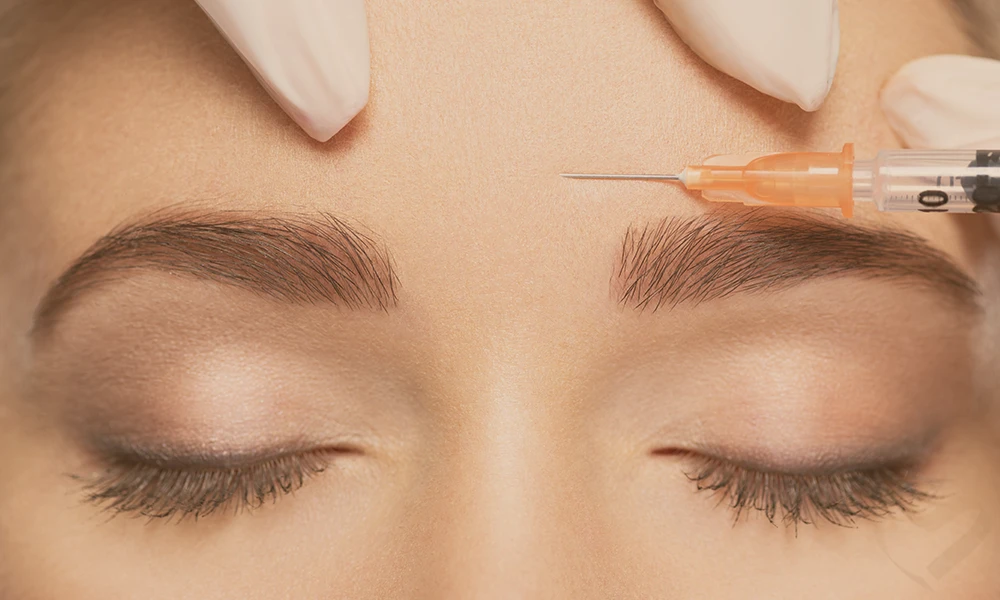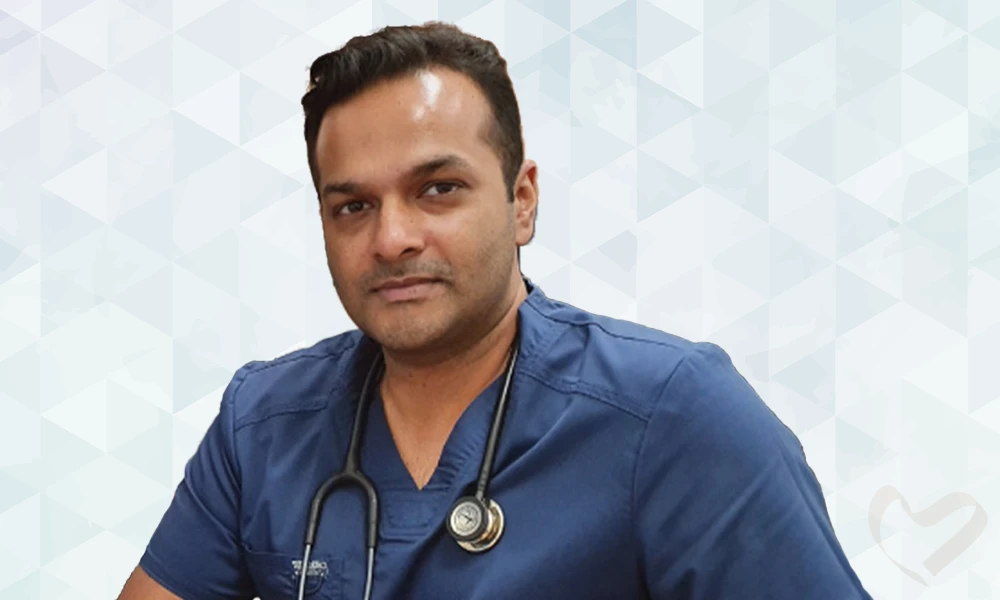Cosmetic Dermatology
Worongary Medical Centre provide the following Cosmetic Dermatology services to our local community. Dr Ajay Kuriakose is a GP with a special interest in Dermatology , Cosmetic Dermatology & Skin Cancer Management. He has extensive training and experience in Skin Cancer Management & Aesthetic Medicine.
Worongary Medical Centre offers a range of cosmetic treatments, which are all carried out by Dr Ajay Kuriakose, a qualified Cosmetic Doctor:
DR Ajay Kuriakose
MBBS | MRCGP | FRACGP
Dip Dermatology (Royal College of Physicians and Surgeons of Glasgow)
Diploma of Skin Cancer Surgery (Australian College of Cutaneous Oncology)
GP Certificate-Melanoma and other Skin Cancers (Australian College of Dermatology)
Diploma Cosmetic Injecting ( ACMAS)
Certificate of Practical Dermoscopy (Australian College of Dermatology)
Certificate of Skin Cancer Medicine (UQ)
Certificate of Skin Cancer Surgery (UQ)
Certificate of Dermoscopy (Skin Cancer College of Australasia)
Certificate of Primary Care Dermatology (UQ)
Skin Cancer essential and Dermoscopy workshop (ACCO)
Advanced Skin Cancer Surgery (Head and Neck) (ACCO)
Cancer Council Australia recommends individuals at high risk of melanoma and their partners should be educated to recognise and document lesions suspicious of melanoma. These individuals should see their doctor for 6-monthly full skin examination supported by total body photography and dermoscopy.
The Royal Australian College of General Practitioners recommends that those at increased risk of skin cancer should be offered opportunistic clinical skin examinations. Individuals at a higher risk of skin cancer should undergo clinical skin examinations every 6-12 months, with or without photography, and be encouraged to conduct regular skin self-examinations.
Australia reports the highest rates of skin cancer in the world. Melanoma and non-melanoma skin cancer are the most commonly diagnosed cancers in Australia each year. Approximately two in three Australians will be diagnosed with skin cancer by the age of 70. Skin cancer is primarily a preventable cancer.
Cancer Council Australia recommends people see their doctor if they notice a new spot or changes in size, shape or colour of an existing spot, for clinical skin examinations for the early detection of melanoma. Australian studies have shown an association between clinical skin examinations by a doctor and a lower risk of being diagnosed with a thicker melanoma. Thinner lesions are associated with decreased risk of death and better prognosis.
The use of dermoscopy by experienced clinicians has been found to increase diagnostic accuracy. Dermoscopy (surface microscopy, dermatoscopy, epiluminescence microscopy) uses a hand-held magnifying device to improve visualisation of diagnostic features of pigmented and non-pigmented skin lesions that cannot be seen with the naked eye. Studies in the dermatologist setting have shown a reduction in rates of excisions of benign lesions associated with use of dermoscopy. In the general practice setting, studies have shown improvements in sensitivity for melanoma diagnosis for clinicians who have experience in the use of dermoscopy. It is recommended that clinicians who examine pigmented and non-pigmented skin lesions for the purpose of detecting skin cancer be trained in and use dermoscopy.


